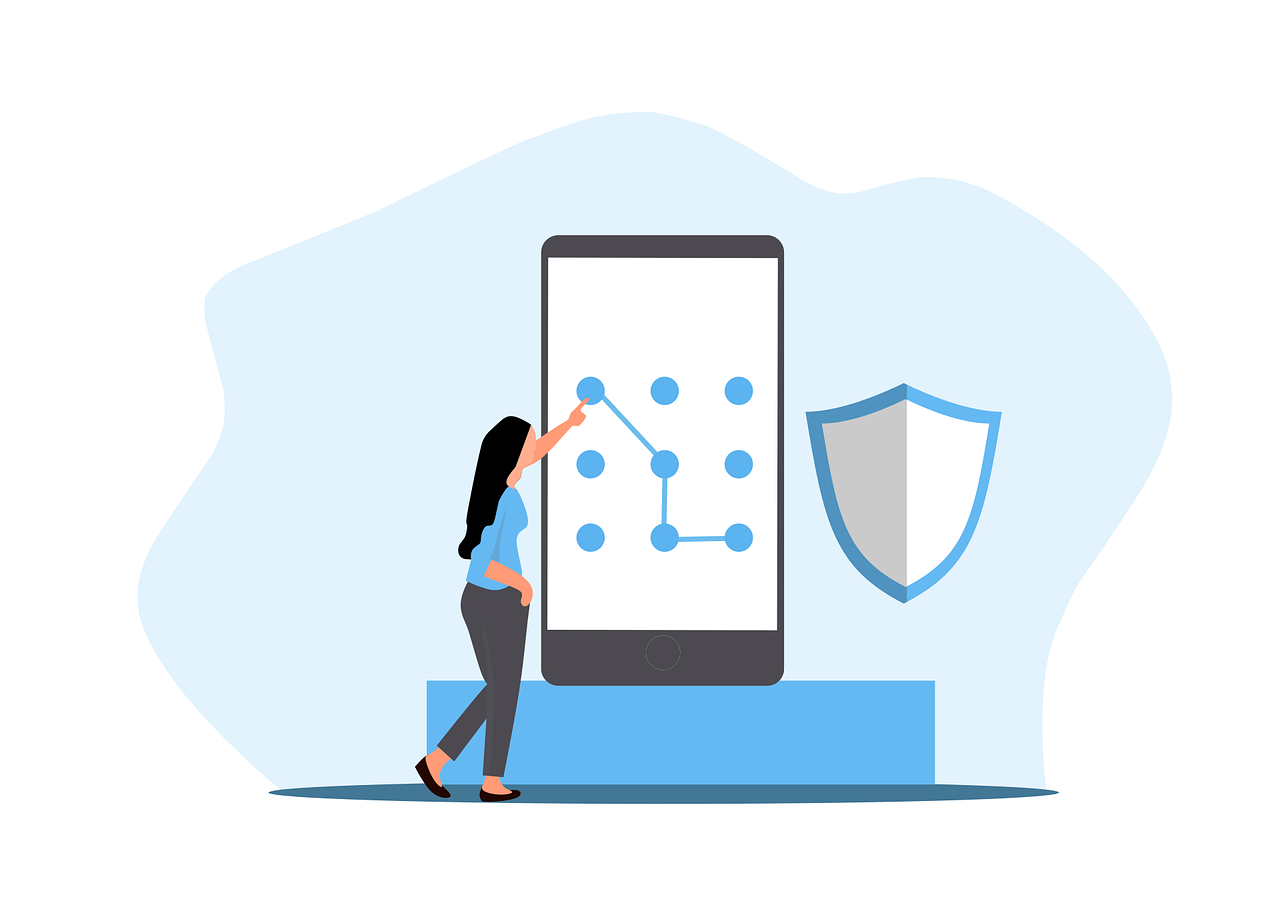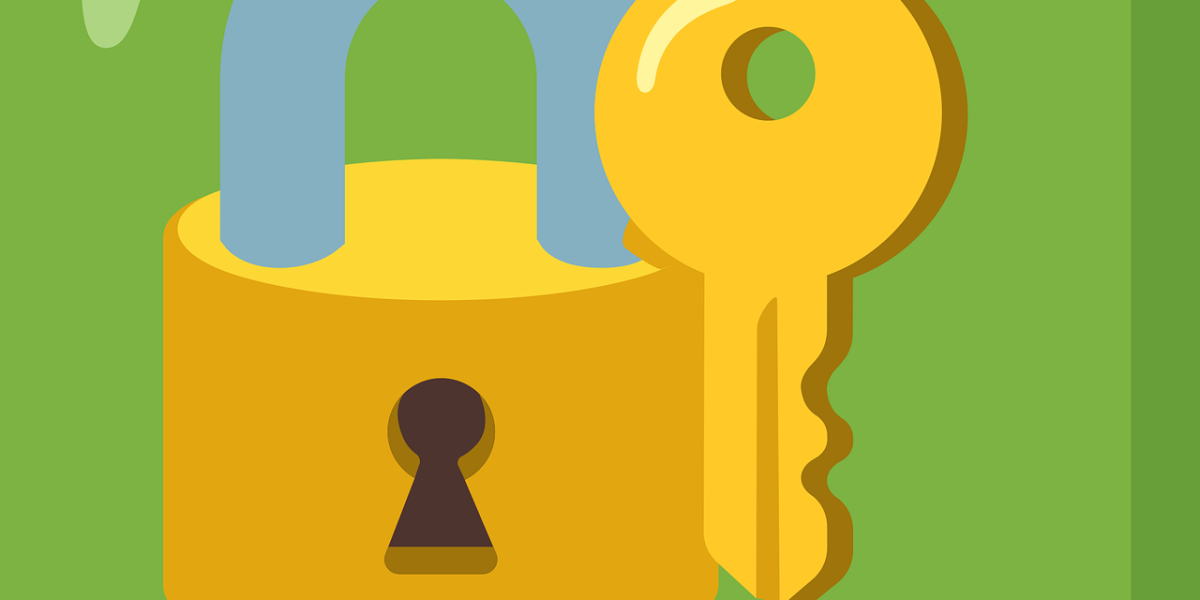In today’s digital world, password security is more important than ever. Cybercriminals are constantly refining their tactics, targeting individuals and businesses alike. Weak credentials and outdated login practices open the door to data breaches, identity theft, and costly security incidents. That’s why creating and maintaining strong passwords is one of the most effective ways to protect your online accounts.
In this guide, we’ll explore why strong passwords matter, how multi-factor authentication boosts your protection, and what modern trends in authentication are reshaping the future of cybersecurity. You’ll also learn common password mistakes to avoid and practical tips to keep your credentials secure.
Why Strong Passwords Are Still Your Best Defense
A password is often the first line of defense guarding access to your email, financial data, and business systems. When users choose weak or recycled passwords, they become easy targets for brute-force attacks, credential stuffing, and phishing schemes. Cyber attackers often rely on password lists compiled from past data breaches—making reused or predictable passwords an obvious risk.
To create strong passwords, follow these guidelines:
Use at least 12 characters
Combine upper and lowercase letters
Include numbers and symbols
Avoid dictionary words or personal information
Using a secure password manager can help you generate and store complex passwords without having to memorize them. These tools also reduce the likelihood of password reuse—a common vulnerability in both personal and corporate environments.
Multi-Factor Authentication: Double the Protection
Strong passwords are essential, but they’re not invincible. Multi-factor authentication (MFA) adds a second (or third) layer of security, making it exponentially harder for attackers to gain access—even if they know your password.
Common authentication factors include:
Something you know: Passwords or PINs
Something you have: A smartphone or security key
Something you are: Fingerprints or facial recognition
MFA methods such as authenticator apps or hardware tokens (like YubiKey) offer enhanced protection against phishing and SIM-swapping attacks. Businesses should enforce MFA, especially for admin-level access and sensitive systems.
The New Era: Passwordless and Biometric Security
While strong passwords remain a cornerstone of cybersecurity, modern authentication is evolving. Many platforms are adopting passwordless login systems that rely on biometrics or cryptographic keys.
Key trends in authentication include:
Passwordless logins using device-based authentication
Biometric verification, such as fingerprint scans and facial ID
Behavioral biometrics, which analyze how you type or move your mouse
FIDO2/WebAuthn standards enabling secure, hardware-backed login flows
Major companies like Microsoft and Google are embracing these innovations to reduce dependence on traditional passwords. But no matter how advanced the technology becomes, user awareness and good habits are still critical.
Smart Habits to Keep Your Accounts Safe
Creating strong passwords isn’t enough. You also need smart strategies for long-term security. Here are essential practices every user—and business—should adopt:
Use a reputable password manager to store credentials securely
Update critical passwords every 3–6 months
Avoid saving passwords in plain text or browser autofill
Monitor your email address on services like Have I Been Pwned to get alerted to data breaches
Train employees on phishing awareness and password hygiene
The combination of education, tools, and layered authentication is your best bet against today’s sophisticated cyberattacks.
Password Mistakes You Should Never Make
Even the most security-conscious users fall into bad habits. Avoid these common mistakes:
Using common passwords like “123456” or “qwerty”
Reusing passwords across multiple platforms
Ignoring 2FA/MFA prompts
Writing passwords down on paper or sticky notes
Failing to update passwords after a breach
These missteps may seem harmless but often open the door to account takeovers and system-wide intrusions. Good password hygiene must be practiced consistently.
Let Us Help You Stay Secure
Strong passwords and authentication best practices are vital in today’s threat landscape—but they’re only one part of a complete cybersecurity plan. Whether you’re managing a small business or a larger organization, ParJenn Technologies can help you implement secure, scalable access solutions tailored to your needs.
Explore our Cybersecurity Services to learn how we protect your systems, credentials, and data from evolving threats.





